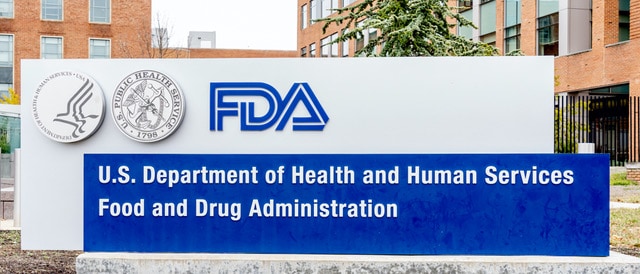
The US Food and Drug Administration (FDA) has approved the intramuscular administration of Merck’s – known as MSD outside the US and Canada – measles, mumps, rubella and varicella (MMRV) family of vaccines.
Despite having a long history in the US, the vaccines have previously only been administered via subcutaneous injection, which is given into the fatty tissue just under the skin. Now, healthcare professionals will have the option to choose to administer all routinely recommended injectable paediatric vaccinations via the same intramuscular route.
“As a paediatrician who routinely vaccinates children, I am excited to now have the option to administer these vaccines intramuscularly,” said Dr Todd Wolynn, co-founding paediatrician of Kids Plus Pediatrics. “This approval provides our practice with an additional route of administration.”
The three vaccines included in Merck’s MMRV family – M-M-R II, Varivax and ProQuad – are now the only vaccines for MMRV approved to be administered intramuscularly in the US, having already been licensed for intramuscular administration in the EU.
The company’s M-M-RII vaccine originally received FDA approval in 1978 for the prevention of measles, mumps and rubella in individuals 12 months and over.
This was followed by the 1995 approval of Varivax – the only available varicella vaccine in the US – in individuals 12 months of age or older, and the 2005 approval of ProQuad for the prevention of MMRV in children aged from 12 months to 12 years.
Dr Eliav Barr, senior vice president, head of global clinical development and chief medical officer at Merck Research Laboratories, said: “Building on our history of innovation in the world of vaccines, we’re proud to introduce another method of administration for M-M-RII, Varivax, and ProQuad vaccines, which have been important in the fight against MMRV in the US.”
The decision from the FDA comes just two weeks after it granted breakthrough therapy designation to Merck and Moderna’s investigational personalised mRNA cancer vaccine, in combination with Merck’s Keytruda, as an additional treatment for high-risk melanoma patients.
The vaccine, mRNA-4157/V940, is designed to stimulate an immune response by generating specific T-cell responses based on the unique mutational signature of a patient’s tumour, while Keytruda increases the ability of the body’s immune system to help detect and fight tumour cells.




